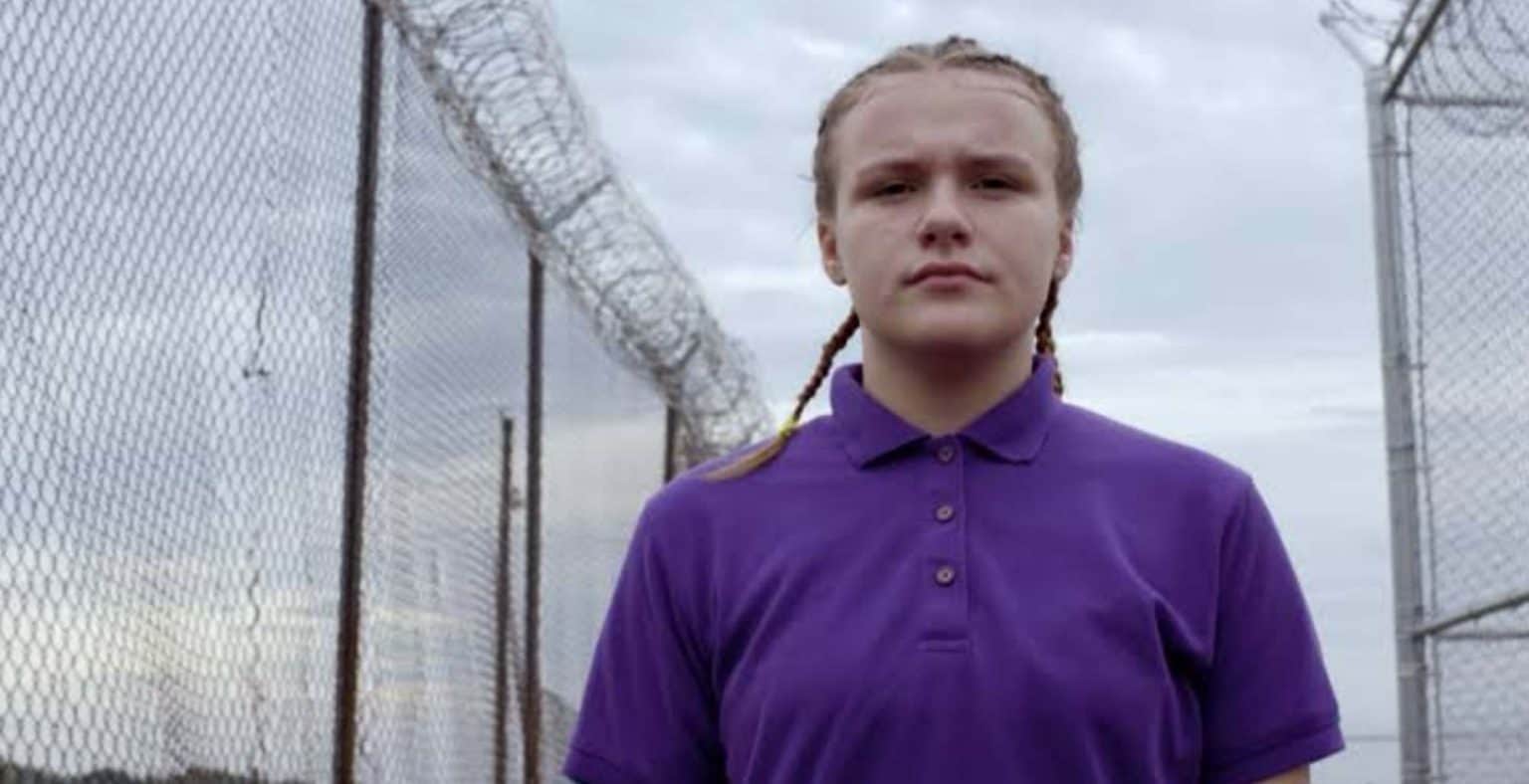Girls Incarcerated Season 2 is a compelling documentary series that delves into the lives of young women who have experienced the juvenile justice system. The show sheds light on their struggles, triumphs, and the challenges they face as they navigate life after incarceration. It offers a raw and unfiltered look into their world, sparking important conversations about justice reform and rehabilitation. This article explores the current status of the girls featured in the series, offering insights into their journeys and the impact of their experiences.
The show has garnered significant attention for its portrayal of the challenges faced by young women in the juvenile justice system. By highlighting their stories, it aims to raise awareness about the systemic issues that contribute to youth incarceration and the importance of providing support for rehabilitation and reintegration into society.
As fans of the series, many viewers are curious about what has happened to the girls since the show aired. This article will provide updates on their lives, discussing their progress, challenges, and the paths they have chosen to follow. Let's dive into the details and uncover where they are now.
Read also:Discover The Rising Star Aylx Star
Table of Contents
- Introduction
- Biographies of the Girls
- Overview of Season 2
- Where Are They Now?
- Impact on Juvenile Justice
- Rehabilitation and Support
- Challenges Faced by Former Juveniles
- The Role of Support Systems
- Public Response to the Series
- Conclusion
Introduction
Why Girls Incarcerated Matters
Girls Incarcerated is more than just a documentary series; it is a powerful platform that gives voice to young women who have been marginalized by society. The series highlights the harsh realities of the juvenile justice system and the lasting impact it has on individuals and communities. Through its storytelling, it challenges viewers to rethink their perceptions of crime, punishment, and rehabilitation.
In Season 2, the focus shifts to a new group of girls, each with their own unique story. Their experiences serve as a reminder of the systemic issues that contribute to youth incarceration and the urgent need for reform. The series not only entertains but also educates its audience, sparking meaningful discussions about justice and equality.
Biographies of the Girls
Overview of Key Participants
Before diving into their current statuses, it's essential to understand the backgrounds of the girls featured in Girls Incarcerated Season 2. Below is a brief overview of their biographies:
| Name | Age at Filming | Offense | Current Status |
|---|---|---|---|
| Ashley | 17 | Theft | Working as a counselor |
| Lauren | 16 | Assault | Pursuing higher education |
| Samantha | 18 | Drug possession | Involved in advocacy work |
| Maria | 15 | Truancy | Attending vocational training |
Overview of Season 2
Key Themes and Takeaways
Season 2 of Girls Incarcerated focuses on the lives of four young women who have been involved with the juvenile justice system. The series explores the factors that led to their incarceration, such as poverty, lack of education, and family dysfunction. It also examines the efforts made to rehabilitate them and prepare them for reintegration into society.
One of the key themes of the season is the importance of support systems in the lives of these young women. The series highlights the role of mentors, counselors, and family members in helping them overcome their challenges and build a better future.
Where Are They Now?
Updates on the Girls' Lives
Since the airing of Season 2, the girls have made significant progress in their lives. Here's a look at where they are now:
Read also:Penn Badgley Height Unveiling The Stature Of A Versatile Actor
- Ashley: After completing her sentence, Ashley has dedicated her life to helping others. She now works as a counselor at a youth rehabilitation center, using her experiences to guide young women facing similar challenges.
- Lauren: Lauren has enrolled in college, pursuing a degree in social work. She hopes to use her education to advocate for systemic change in the juvenile justice system.
- Samantha: Samantha has become an active advocate for drug policy reform. She frequently speaks at events and conferences, sharing her story to raise awareness about the dangers of drug addiction and the importance of rehabilitation.
- Maria: Maria is attending vocational training, learning skills that will help her secure a stable job in the future. She dreams of becoming a chef and opening her own restaurant one day.
Impact on Juvenile Justice
Addressing Systemic Issues
The stories of the girls in Girls Incarcerated highlight the need for systemic reform in the juvenile justice system. Research shows that young people who receive support and guidance are less likely to reoffend. According to the National Juvenile Justice Network, "Effective rehabilitation programs can reduce recidivism rates by up to 50%."
By sharing their stories, the series raises awareness about the importance of providing resources and opportunities for young people to succeed. It challenges policymakers to rethink their approach to juvenile justice and prioritize rehabilitation over punishment.
Rehabilitation and Support
Building a Better Future
Rehabilitation plays a crucial role in helping young people transition back into society. Programs that focus on education, job training, and mental health support have proven to be effective in reducing recidivism rates. For example, a study published in the Journal of Criminal Justice found that "Participants in rehabilitation programs were 30% less likely to reoffend compared to those who did not receive such support."
Support systems, such as mentors and counselors, are vital in helping young people navigate the challenges they face after incarceration. They provide guidance, encouragement, and a sense of belonging, which are essential for long-term success.
Challenges Faced by Former Juveniles
Overcoming Obstacles
Despite the progress made by the girls featured in Girls Incarcerated, they still face numerous challenges. Stigma, lack of opportunities, and systemic barriers can make it difficult for them to reintegrate into society. Many struggle with finding employment, securing housing, and accessing education.
According to a report by the Sentencing Project, "Formerly incarcerated individuals face a 27% unemployment rate, which is five times higher than the general population." This highlights the urgent need for policies that address these disparities and provide equal opportunities for all.
The Role of Support Systems
Creating a Network of Support
Support systems play a critical role in the success of formerly incarcerated individuals. Family, friends, mentors, and community organizations can provide the encouragement and resources needed to overcome challenges and build a better future.
Programs such as the Boys Town National Hotline and the National Mentoring Partnership offer valuable resources and support for young people in need. By connecting individuals with mentors and counselors, these organizations help them develop the skills and confidence necessary to succeed.
Public Response to the Series
A Catalyst for Change
Since its release, Girls Incarcerated Season 2 has sparked widespread discussions about the juvenile justice system and the need for reform. Viewers have praised the series for its honesty and authenticity, calling for greater awareness and action on behalf of young people affected by the system.
The series has also inspired many to get involved in advocacy work, volunteering, and supporting organizations that focus on juvenile justice reform. It serves as a powerful reminder of the impact that media can have in driving social change.
Conclusion
Girls Incarcerated Season 2 has provided a platform for young women to share their stories and raise awareness about the challenges they face. Through their journeys, we see the importance of rehabilitation, support systems, and systemic reform in creating a better future for all.
As we continue to follow the lives of Ashley, Lauren, Samantha, and Maria, we are reminded of the resilience and determination that defines them. Their stories inspire hope and underscore the importance of providing opportunities for growth and success.
We invite you to share your thoughts and experiences in the comments below. Let's continue the conversation and work together to create a more just and equitable society. Don't forget to explore other articles on our site for more insightful content.

